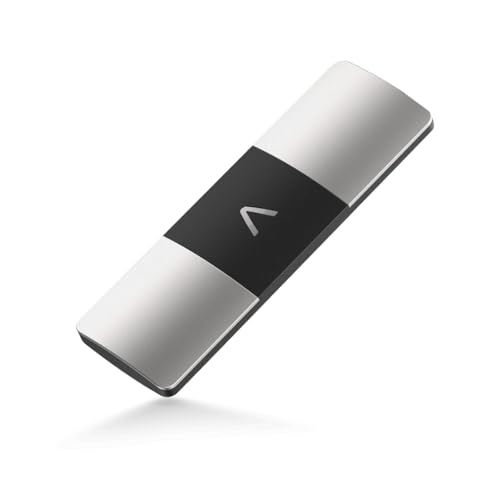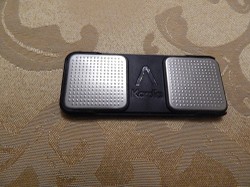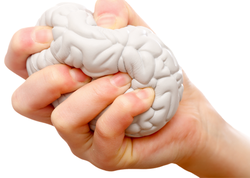Some years back I had to have surgery, and during the hospital stay it was determined I need to occasionally monitor my heart. I was told to obtain a Kardia device.
A Kardia device works via an app. Physically, it is a flat device just a few inches long, and about an inch high. Once the app is activated it is operated by placing two fingers from each hand on the small metal surfaces, one hand on each metal surface. It takes about thirty seconds to get ready, then a clock counts down another thirty seconds. An ekg graph appears on the screen of your smart phone. This can later be downloaded by your physician, or the output can be emailed to your physician. The device gives a short analysis, and also records the heart rate. It is limited, and cannot detect a heart attack, but it can be helpful as a portable heart monitor. It easily fits in a pocket or purse.
There is also a service, for a fee, to have a physician read the output.
Now, a more elaborate version is available. As with most things, newer versions have improvements over the older ones.



















 Multivariable Calculus: Gradient, Divergence, and Curlon 12/19/2025
Multivariable Calculus: Gradient, Divergence, and Curlon 12/19/2025
 UAPs, Formerly UFOs, If They Are Real How Can We Explain Their Arrival to Earth?on 12/18/2025
UAPs, Formerly UFOs, If They Are Real How Can We Explain Their Arrival to Earth?on 12/18/2025
 Polar Coordinate Systemon 12/16/2025
Polar Coordinate Systemon 12/16/2025
 Aurora Can Disrupt Electrical Devices And Even the Grid?on 12/15/2025
Aurora Can Disrupt Electrical Devices And Even the Grid?on 12/15/2025



Comments
Since one great fear is that the government will microchip vaccinations, which is why too many opt to avoid being vaccinated, it is ulikely tr who here will be a microchip effort in the U. S. We are so polarized that no matter which party controls the government there would be so many people fearful of being kept track of by government. But my dog has a microchip, as do many others.
I believe Fitbit is useful as long as we understand it is based on motion, and probably change of direction of that motion. To avoid this would mean too costly of a change. However, walking slowly without arms swinging does not register steps, nor does holding onto a grocery cart while walking. At least my Fitbit ignores such steps.
blackspanielgallery, Thank you for all the practical information and pictures and all the product lines.
Are the manufacturers aware of the false readings from Fitbits?
It's helpful to have the gentle reminder about not only insurance cards -- so easy to remember along with driver's licenses and house keys -- but also clergy contacts and medical history since, as you conclude, one never knows 100 percent what unexpected events occur once one leaves one's residence.
An article from National Public Radio Oct. 22, 2018, "Thousands of Swedes Are Inserting Microchips Under Their Skin", mentioned microchips syringed into the thumb area as hugely popular with Swedish society. The subcutaneous microchips release such information as keyless access to one's residence and personal information.
Would that be a technologically logical step after medical alert bracelets to medical monitoring bracelets here in the United States?